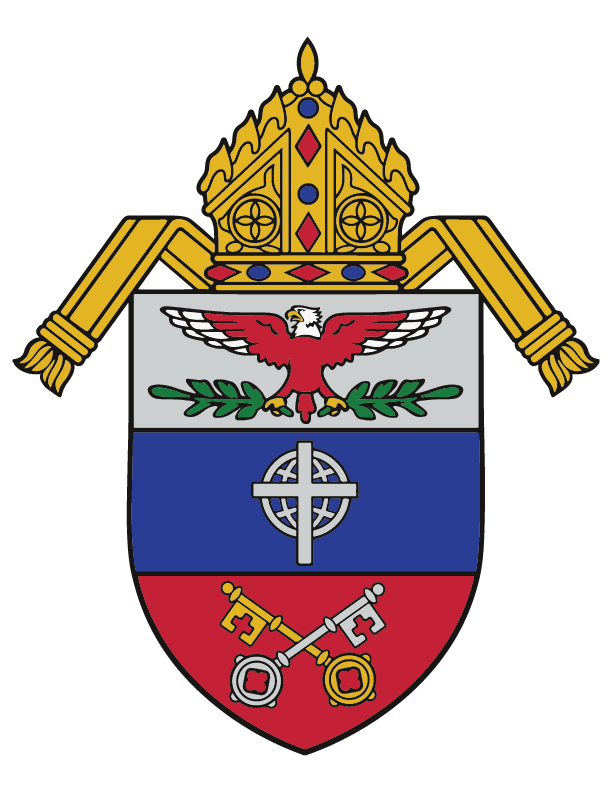by: Father Curt Dwyer, LT, CHC, USN
If you want to be like God, pray for someone. If you really want to be like God, really pray for someone.
The final spiritual work of mercy in the traditional list is to “pray for the living and the dead.” St. John Damascene defines prayer as, “the raising of one’s mind and heart to God or the requesting of good things from God.” When we do it for the sake of someone else, it is intercession. There is no more profoundly kind thing that we can do for another person than to pray sincerely for him or her. It is not just a ‘nice’ gesture. “I’ll pray for you” is something that can sound sweet, `the verbal equivalent of a greeting card. “Oh, that’s nice.” Rather, when we pray for someone in need (and everyone is “in need”), we engage in an act of mercy that is nothing short of divine.
The Letter to the Hebrews is a reflection on the Priesthood of Jesus Christ. Its author sees the earthly, visible Jerusalem temple of his day as being but a shadow of the real dwelling place of God in Heaven, in which the Priest is Jesus Christ. His saving concern and action on our behalf did not end when he ascended into Heaven following his life on earth.
“Therefore, he is always able to save those who approach God through him, since he lives forever to make intercession for them.” (Heb 7:25) Jesus is praying for us always. He is interceding for you to the Father as you read this.
So, when we pray for someone in need, we, in our own small way, join Jesus in what he does in eternity; praying and making intercession for us sinners. Thus, when we intercede for others, we are being merciful. We stand with God. We are like God.
The Catechism of the Catholic Church puts it: “Since Abraham, intercession—asking on behalf of another—has been characteristic of a heart attuned to God’s mercy. In the age of the Church, Christian intercession participates in Christ’s, as an expression of the communion of saints. In intercession, he who prays looks ‘not only to his own interests, but also to the interests of others,’ even to the point of praying for those who do him harm.” (CCC 2635)
Our prayer is an “expression of the communion of saints.” This communion means that our prayers help not only the living, but also those who have died. In Christ, we are connected with the Church on earth, in Purgatory and in Heaven.
Saint Faustina Kowalska, in her Diary, wrote, “One evening, one of the deceased sisters, who had already visited me a few times, appeared to me. The first time I had seen her, she had been in great suffering, and then gradually these sufferings had diminished; this time she was radiant with happiness and she told me she was already in heaven…Then she came closer to me, embraced me sincerely and said, ‘I must go now.’ I understood how closely the three stages of a soul’s life are bound together; that is to say, life on earth, in purgatory and in heaven, the Communion of Saints.)” (Diary of St. Maria Faustina Kowalska: Divine Mercy in my Soul)
St. Faustina had shown this deceased sister God’s own mercy: she prayed for her so that her time in Purgatory was shortened, and this sister was permitted to visit the Saint so as to express her eternal gratitude.
Everyone we know is in need of prayer. Each person is afflicted with some form of poverty, and probably more than one; everyone wonders whether he or she will have what it will takes to meet and overcome the challenges of life. In this world, even Christians who seem to have every spiritual gift and advantage are weak, needful and incomplete. No one is without a strong need of God’s mercy.
Finding ourselves as, and surrounded by, fallen creatures, we also encounter God’s precious offer: Because of His eternal Priesthood, and within the Communion of Saints, we are invited to stand with Him in interceding for mankind, those still alive and those who have passed.
If we want to be like God, we will pray for the living and the dead.
